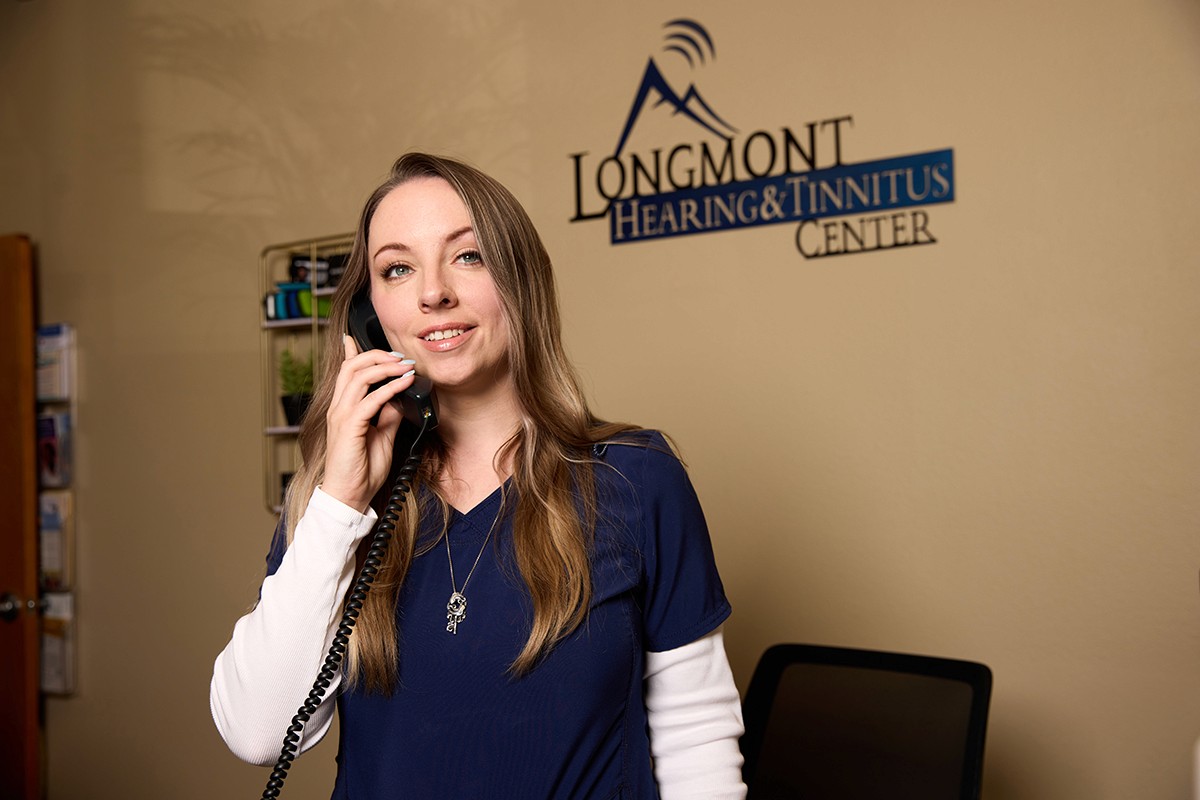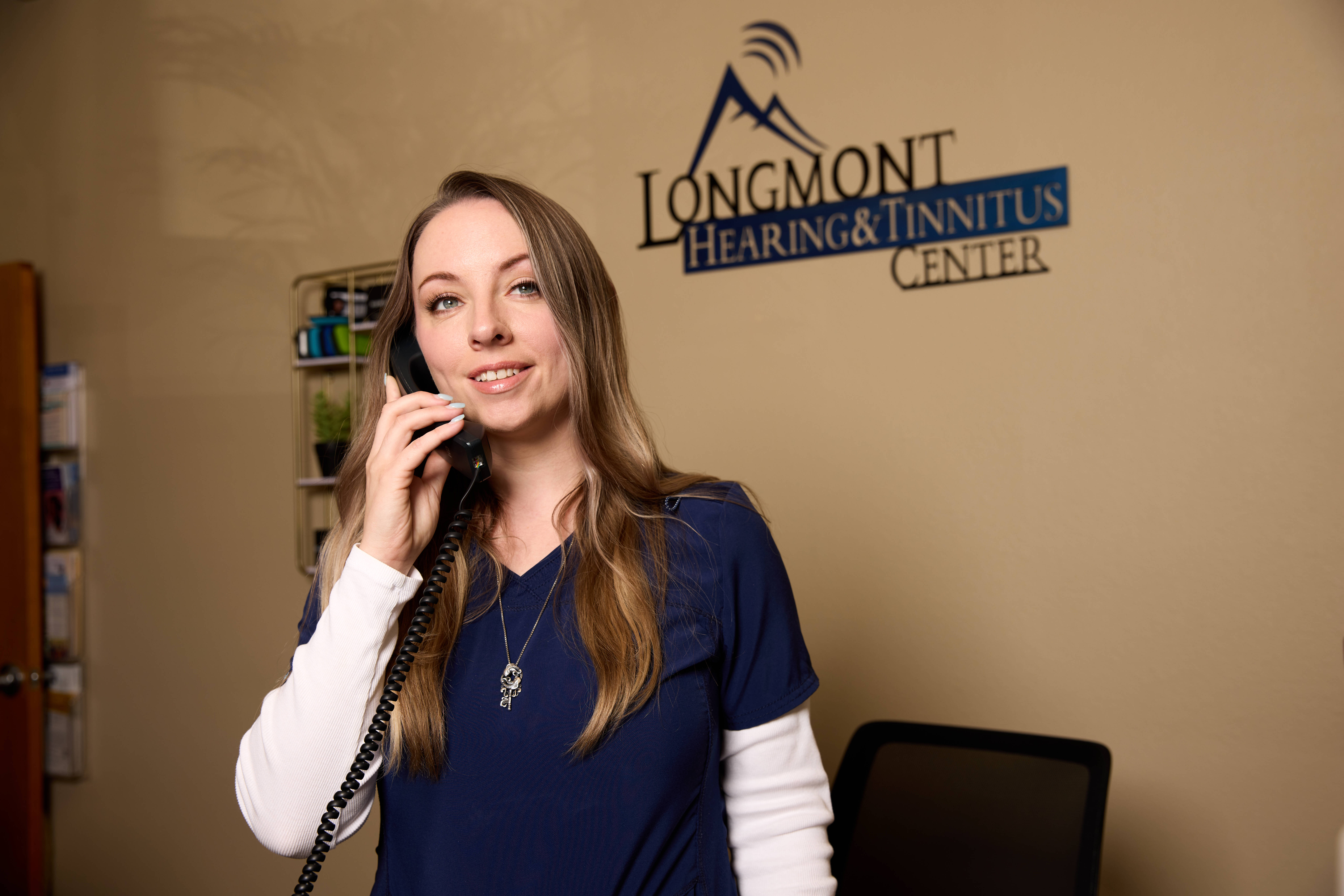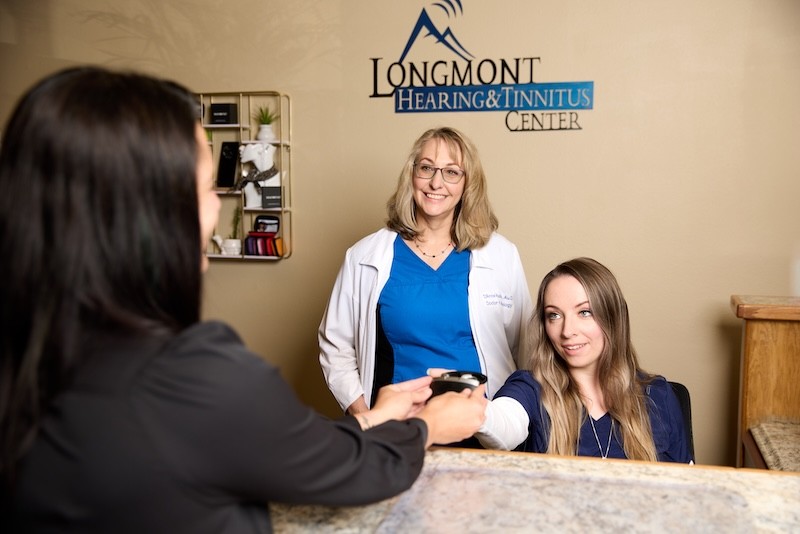
Discover Advanced Hearing Aid Technology
Hear the Difference with State-of-the-Art Solutions
At Longmont Hearing and Tinnitus Center, we believe that everyone deserves to enjoy the beauty of sound through the most advanced hearing aid technologies.
Our approach ensures that you're not just hearing better, but experiencing life more fully.
Why Advanced Technology Matters
Advancements in hearing aid technology provide unparalleled clarity, convenience, and connectivity. By choosing the latest solutions, you benefit from sophisticated features that adapt to your unique lifestyle and environment, ensuring that every moment is captured with precision.
Key Features of Our Cutting-edge Hearing Aids
Experience superior hearing clarity with cutting-edge technology, personalized features tailored to your lifestyle, and effortless connectivity that ensures you’re always comfortably engaged in every listening environment.
Adaptive Sound Processing
These intelligent devices automatically adjust settings to ensure you hear the most important sounds while filtering background noise.
Seamless Connectivity
With Bluetooth integration, our hearing aids connect effortlessly to smartphones, TVs, and other devices, allowing for a streamlined, connected auditory experience. Whether watching your favorite show or taking a call, stay connected to your world.
Rechargeable Convenience
Say goodbye to fiddly battery changes. Our rechargeable models offer peace of mind with long-lasting power, letting you focus on your day without interruptions.
Discreet & Comfortable Design
Modern hearing aids are designed for maximum comfort and minimal visibility, combining effective amplification with a design that’s easy on the eye and effortless to wear.
Our Personalized Approach
At Longmont Hearing & Tinnitus Center , we pride ourselves on a patient-centered approach. This means selecting a hearing aid isn’t just about the device—it's about finding the perfect match for your life. From initial consultation to fitting and follow-up care, our team of experts is with you every step of the way, ensuring your hearing aids perform at their best.
















